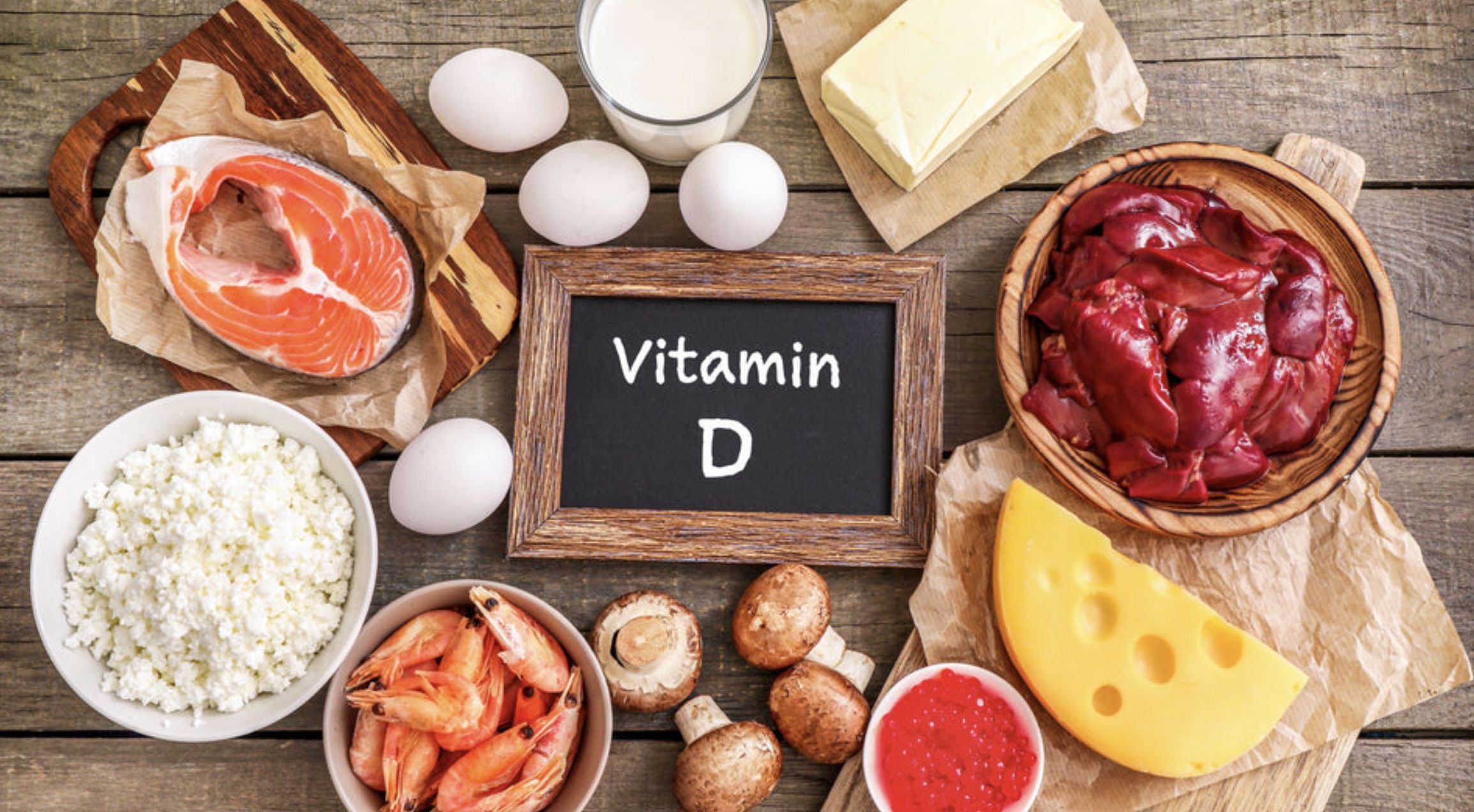Health Benefits of Vitamin D
What are the health benefits of vitamin D?
Vitamin D is a fat-soluble vitamin that plays several important roles in the body. Some of the key health benefits of vitamin D include:
- Bone health: Vitamin D is essential for maintaining healthy bones. It helps the body absorb calcium and phosphorus, which are crucial for bone mineralization. Vitamin D deficiency can lead to bone disorders such as rickets in children and osteomalacia in adults.
- Muscle function: Vitamin D is important for muscle health and function. It plays a role in muscle contraction and strength, and deficiency may contribute to muscle weakness and pain.
- Immune system support: Vitamin D plays a role in modulating the immune system and may help reduce the risk of infections, autoimmune diseases, and inflammatory conditions.
- Heart health: Some studies suggest that vitamin D may help reduce the risk of heart disease by improving cardiovascular health and reducing inflammation and oxidative stress.
- Mood regulation: Vitamin D may play a role in regulating mood and may help reduce the risk of depression and improve overall mental health.
- Cancer prevention: Some research suggests that adequate vitamin D levels may reduce the risk of certain types of cancer, including colorectal cancer, breast cancer, and prostate cancer.
- Brain health: Vitamin D receptors are found throughout the brain, and vitamin D may play a role in cognitive function and reducing the risk of neurodegenerative diseases such as Alzheimer’s disease and Parkinson’s disease.
- Pregnancy and infant health: Adequate vitamin D levels during pregnancy are important for maternal and fetal health, as well as infant bone development.
It’s important to note that while vitamin D has many health benefits, excessive intake can lead to toxicity, which can cause symptoms such as nausea, vomiting, weakness, and kidney damage. The recommended dietary allowance (RDA) for vitamin D varies by age, sex, and life stage, but generally ranges from 600 to 800 international units (IU) per day for most adults. It’s best to get vitamin D from a combination of sunlight, food sources, and supplements, if necessary, under the guidance of a healthcare provider.
What are the health risks of vitamin D?
While vitamin D is important for overall health, excessive intake can lead to health risks. Some potential risks associated with high levels of vitamin D include:
- Hypercalcemia: Vitamin D helps the body absorb calcium from the intestines. Excessive vitamin D can lead to high levels of calcium in the blood (hypercalcemia), which can cause symptoms such as nausea, vomiting, weakness, and kidney stones.
- Kidney damage: High levels of vitamin D and calcium can lead to kidney damage, especially in individuals with pre-existing kidney conditions.
- Heart disease: Some studies suggest that very high levels of vitamin D may be associated with an increased risk of cardiovascular events, although more research is needed to understand this relationship.
- Soft tissue calcification: Excessive vitamin D can lead to the deposition of calcium in soft tissues, such as the heart, lungs, and kidneys, which can impair their function.
- Bone loss: While vitamin D is important for bone health, very high levels can actually lead to bone loss and weaken the bones.
- Gastrointestinal symptoms: High doses of vitamin D can cause digestive symptoms such as nausea, vomiting, and stomach pain.
- Increased risk of falls: Some studies suggest that very high levels of vitamin D may increase the risk of falls and fractures in older adults.
It’s important to consume vitamin D within the recommended daily intake levels to avoid these risks. The recommended dietary allowance (RDA) for vitamin D varies by age, sex, and life stage, but generally ranges from 600 to 800 international units (IU) per day for most adults. It’s best to get vitamin D from a combination of sunlight, food sources, and supplements, if necessary, under the guidance of a healthcare provider.
What foods are rich in vitamin D?
Vitamin D is found in a few foods, but it is primarily synthesized by the body when the skin is exposed to sunlight. Here are some foods that are good sources of vitamin D:
- Fatty Fish: Salmon, sardines, mackerel, and trout are high in vitamin D.
- Cod Liver Oil: Cod liver oil is a rich source of vitamin D.
- Egg Yolks: Egg yolks contain vitamin D, but the amount can vary depending on the diet of the hen.
- Mushrooms: Some mushrooms, such as maitake and shiitake mushrooms, contain vitamin D, particularly when exposed to ultraviolet (UV) light.
- Fortified Foods: Many foods are fortified with vitamin D, including milk, orange juice, cereal, and yogurt.
- Liver: Beef liver, in particular, contains vitamin D.
It’s important to note that while some foods contain vitamin D, it can be difficult to obtain enough vitamin D from diet alone. Sunlight exposure is the primary source of vitamin D for most people.




